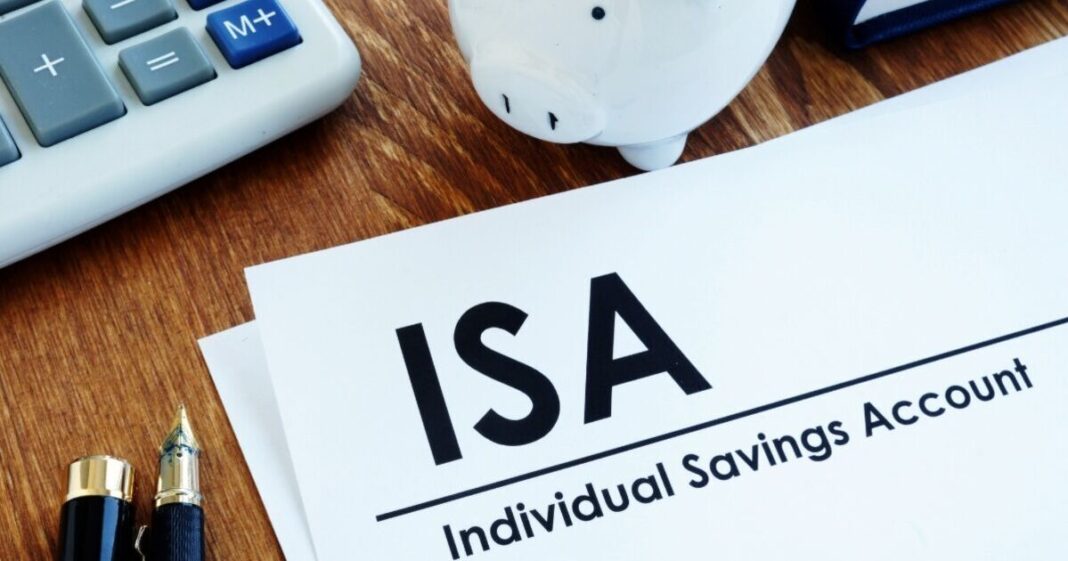Wimbledon will be given an exemption from the clampdown on ticket resales for its “debenture” tickets, the Guardian understands, in what would be a victory for the organisers of the annual tennis tournament.
The championship organisers, the All England Lawn Tennis Club (AELTC), had previously said ministers’ proposed ban on reselling tickets for more than face value would prevent it from being able to reinvest debenture proceeds in maintenance of its facilities.
Debentures guarantee the ticket holder a seat on either Centre Court or No 1 Court for every day of the tournament for five years, along with the use of certain restaurants and bars. The holder is allowed to sell or transfer the ticket if they are unable to attend Wimbledon, allowing them to recover some of the cost, which can be as high as £116,000.
Almost 3,800 debenture seats are available across Centre Court and No 1Court for the five-year period starting next year, and these can be bought and sold privately or via a stockbroker.
Debentures are classed as transferable securities and their issuance involves a formal application process, which is regulated by the City watchdog the Financial Conduct Authority.
They were first issued for Wimbledon in 1920, when they funded the purchase of the current site and the construction of Centre Court.
The championships’ organiser has said its debenture programme is always oversubscribed and allows Wimbledon to have a general admission price lower than those of other international tournaments. In 2025, a daily grounds pass cost £30, giving access to lower courts and public viewing areas.
The AELTC received £61.7m for the first instalment in its issue of 2,520 debentures for the 2026-30 period, with further instalments due in February 2025 and February 2026, according to its most recent annual report. It said it would use debenture proceeds to pay off part of a loan.
Under the government’s proposals, reselling tickets for profit on the secondary market is to be outlawed, as part of a long-awaited crackdown on touts and resale platforms such as Viagogo and StubHub.
Last Thursday, a string of well-known musicians, including Radiohead, Coldplay and Dua Lipa issued an open statement calling on Keir Starmer to make good on a Labour manifesto promise to stop “extortionate and pernicious” websites used by ticket touts to exploit music fans.
The plan would prevent anyone from selling a ticket for more than they originally paid, although resale platforms would be allowed to charge fees on top of that price.
after newsletter promotion
The expected clampdown also comes after large numbers of Oasis fans complained of exorbitant prices for the band’s reunion tour.
An AELTC spokesperson said: “We support the government’s measures to protect fans and we are confident that the government recognises the crucial role that Wimbledon’s debenture programme plays in the continued success of the championships.
“All of the money raised by Wimbledon’s debentures is reinvested into developing our world class facilities to ensure that we maintain our place as one of sport’s pinnacle events.”
The Department for Culture, Media and Sport was contacted for comment.


